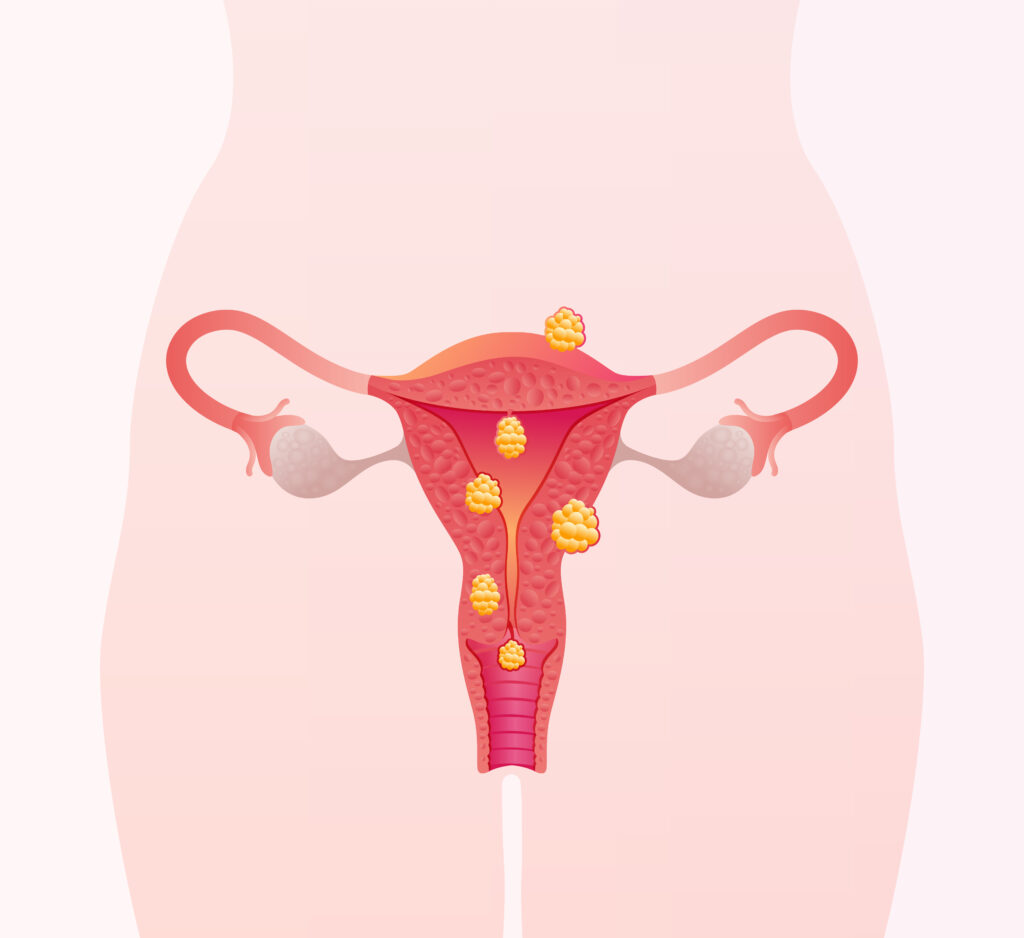What Are Uterine Fibroids?
Uterine fibroids are non-cancerous growths that form in or on the uterus. Many women develop these growths during their childbearing years. Although fibroids are common, not everyone has symptoms. However, some women may notice changes in their health. According to the CDC, up to 70% of women may have fibroids by age 50. Because fibroids are usually benign, they rarely turn into cancer.
Common Symptoms of Uterine Fibroids
Many women with uterine fibroids do not feel any symptoms. Still, some may experience:
Sometimes, fibroids can cause problems with pregnancy or fertility. If you notice any of these signs, it is important to talk to your doctor.
Causes and Risk Factors
Doctors do not know the exact cause of uterine fibroids. However, several factors may increase your risk. For example, hormones like estrogen and progesterone can help fibroids grow. Genetics also play a role. If your mother or sister had fibroids, you may be more likely to get them. Other risk factors include:
Even though these factors may raise your risk, anyone can develop fibroids.
Diagnosis Methods
Doctors use several ways to diagnose uterine fibroids. First, they may ask about your symptoms and medical history. Next, a pelvic exam helps check for changes in the uterus. In addition, imaging tests can confirm the diagnosis. Common tests include:
Early diagnosis can help you get the right treatment and avoid complications.
Treatment Options for Uterine Fibroids
Treatment depends on your symptoms, age, and plans for pregnancy. Some women do not need treatment if they have no symptoms. However, if fibroids cause problems, several options are available:
Medical Treatments
Surgical Treatments
Lifestyle and Home Remedies
Always discuss your options with your doctor to find the best plan for you.
Prevention Tips and Lifestyle Guidance
Although you cannot always prevent uterine fibroids, healthy habits may lower your risk. For instance, eating more green vegetables and less red meat can help. Staying active and keeping a healthy weight are also important. In addition, regular check-ups can catch fibroids early. Try these tips:
These steps support your overall health and may reduce your risk of fibroids.
When to See a Doctor
It is important to see a doctor if you notice any unusual symptoms. For example, seek help if you have:
Early treatment can prevent complications and improve your quality of life.
Conclusion
Uterine fibroids are common, but with the right care, many women can manage them effectively. If you’re experiencing symptoms or have concerns, don’t wait. Consult a gynecologist at The Lotus Multispeciality Hospital for personalized advice and treatment options tailored to your needs.
Book a consultation today at The Lotus Multispeciality Hospital!

